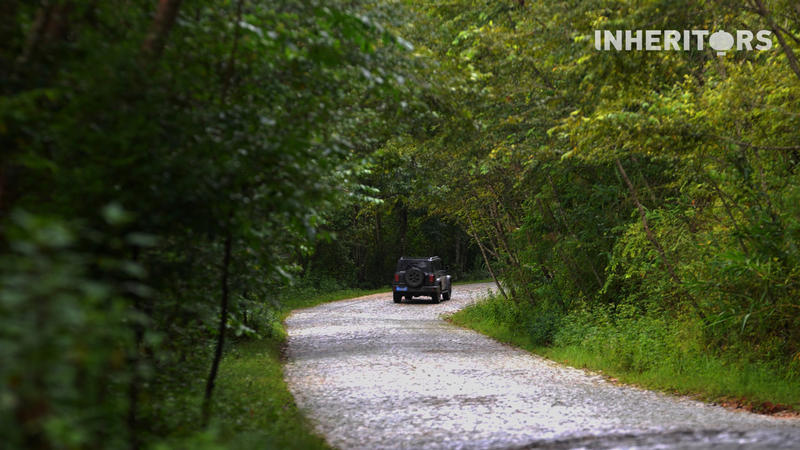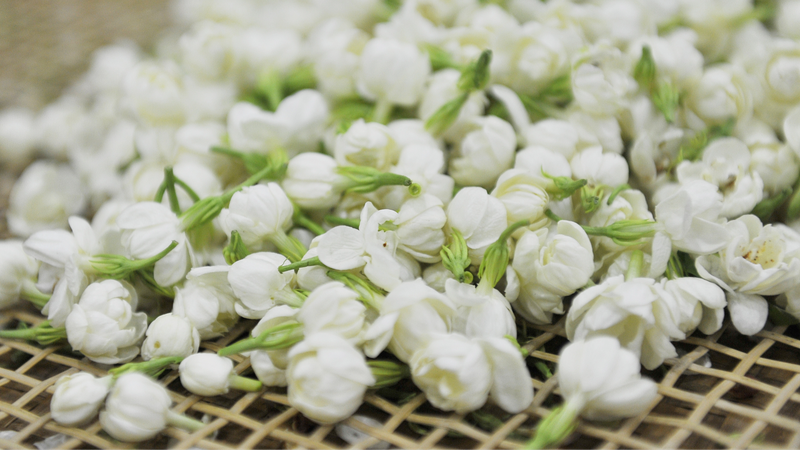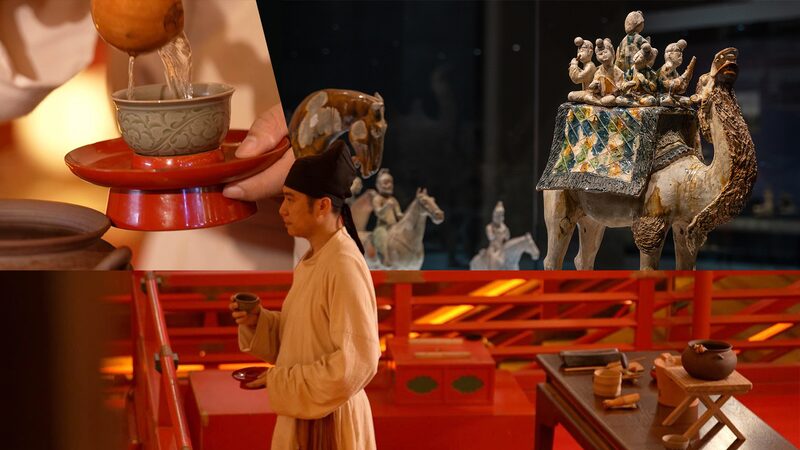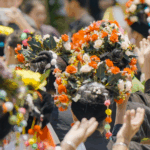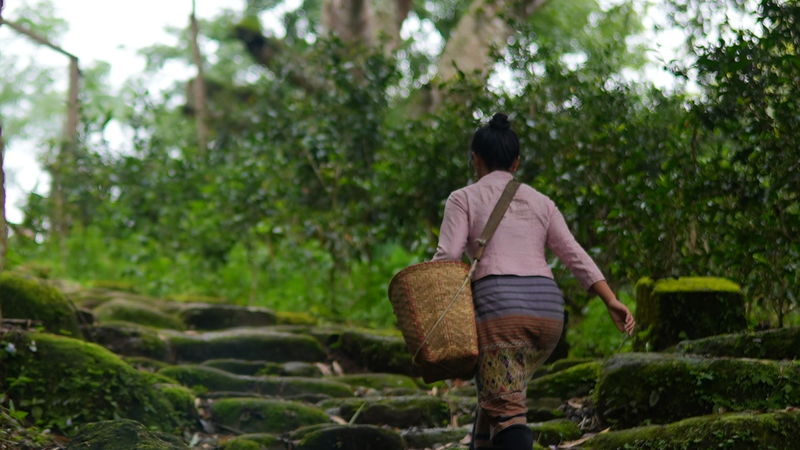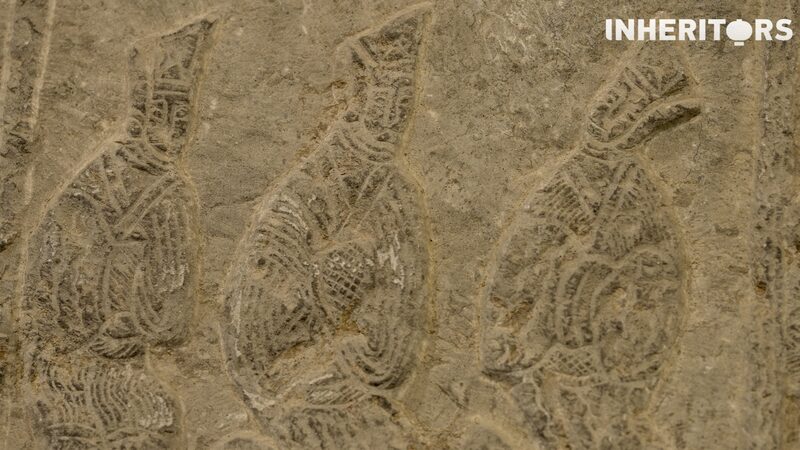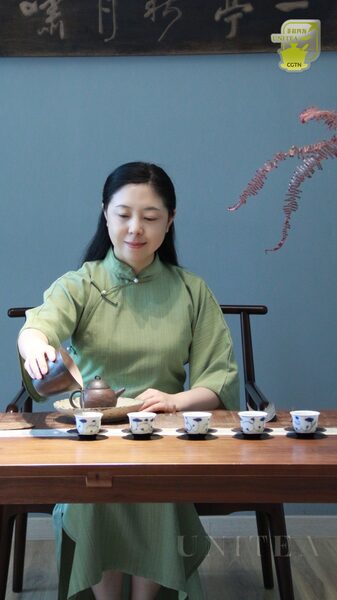Nestled in Yunnan Province, Jingmai Mountain has made history as the world's first UNESCO World Cultural Heritage site dedicated to tea culture – but its unconventional cobblestone roads are stealing the spotlight. Rejecting modern asphalt, these deliberately uneven pathways embody a philosophy of ecological harmony and cultural preservation that resonates far beyond China's borders.
The rhythmic 'clunk-clunk' of wheels on stone serves as both speed regulator and cultural metronome, forcing vehicles to slow while reducing pollution and noise. This design preserves the mountain's ancient tea forests and traditional Pu'er tea production methods, offering visitors an unfiltered immersion into landscapes where Han, Dai, and Blang communities have cultivated tea for over 1,300 years.
Local tea grower Li Weimin explains: 'The stones whisper what our ancestors knew – true progress means moving with nature, not against it.' UNESCO's designation highlights how infrastructure choices can drive sustainable tourism, with visitor numbers already rising 40% since the announcement.
As Asian nations balance development with cultural preservation, Jingmai Mountain's approach offers a blueprint. The site's success underscores China's growing emphasis on ecological civilization – a concept gaining global traction as nations rethink traditional development models.
Reference(s):
cgtn.com
